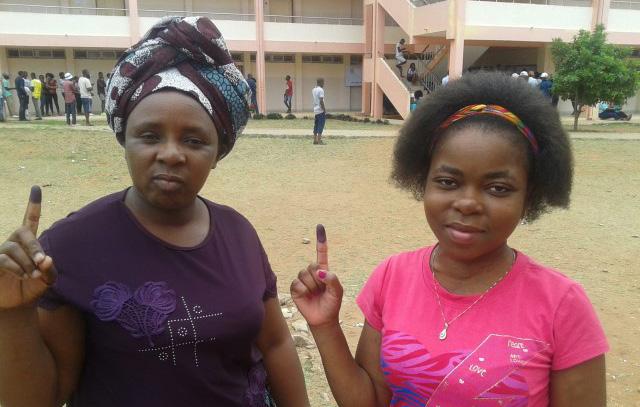Zimbabwe’s Strained Intra and Extra Relations
Fr Anold Moyo SJ
Z
imbabwe is a hurting polarised
state. Zimbabwe’s Strained Intra and Extra Relations Zimbabwe is a hurting polarised state. The nation’s atrophying socio-economic conditions and internecine political struggles (inter-party and intra-party) are worsening humanitarian distress and threaten the security not only of the state but of the region at large. New and old multi-layered challenges are at the centre of the strains being witnessed today. At the heart of the challenges is politics. The government thrust on power expansion has been accompanied by clampdown on dissenting voices. Opposition political figures, activists, authors, journalists, student representatives, the Church and other critics have been at the bitter end of government abuse. Government has resorted to quashing dissenting voices using violence, jailing, abductions and killings. Government critics have been labelled ‘terrorist’, ‘western sponsored’ ‘evil’
and ‘genocidal’. The nation’s body-pol-
ment No 2 Bill 29 by the government,
itick is characterised by intolerance and
points to failure of constitutionalism
bruising discourse. Non-political vio-
in the country. The central thrust of the
lence in form of gender-based violence
constitutional changes is to expand and
and Mashurugwi is equally pervasive.
cement the powers of the executive.
The justice system has been a potent
Partisan operations of the key arms of
weapon against those who are regarded
the start, such as the military, police,
as ‘enemies of the state’.
intelligence, prison services, judiciary
A zero-sum political culture has man-
and other government entities points to
ifested itself in parochial policies that
a deteriorating quality of governance
are anchored on power maximisation
and regard for rule of law. In short,
ahead of national development. Simi-
partisan institutions inculcate a partisan
larly, internal strains abound because
and divided nation.
policies and state institutions are not
Since the 2017 coup, domestic politi-
inclusive, consultative and accountable.
cal dynamics have soiled the nation’s
Little attention has been paid on defeat-
international rebranding efforts. In the
ing inequality in all its forms over the
wake of the disputations around the
years. For example, key sectors such as
2018 harmonised presidential elections,
the healthcare system could have com-
6 people were shot dead, and in January
pletely collapsed were it not for the 70
2019 about 17 people were killed by the
per cent financial support from external
security forces .2 No one has been held
players .1
accountable to date. Heinous crimes
Other domestic challenges in Zimba-
committed in the past in the country
bwe centre around constitutionalism
have not been accounted for. In other
and the rule of law. Currently, the
words, the nation has many fissures:
proposed amendments to the 2013 Con-
particularly politically, generationally
stitution of Zimbabwe through Amend-
and ethnically. The government’s reluc-
1.British Ambassador to Zimbabwe, Melanie Robinson, 9 September 2020.
2.Human Rights Watch; Zimbabwe Human Rights NGO Forum, January 2019.
Mukai - Vukani No.78 | October 2020 |
11










